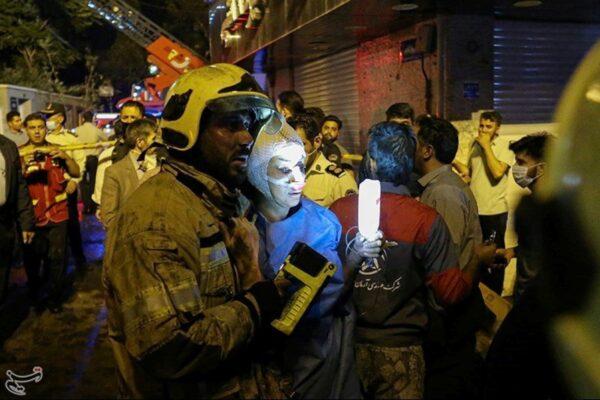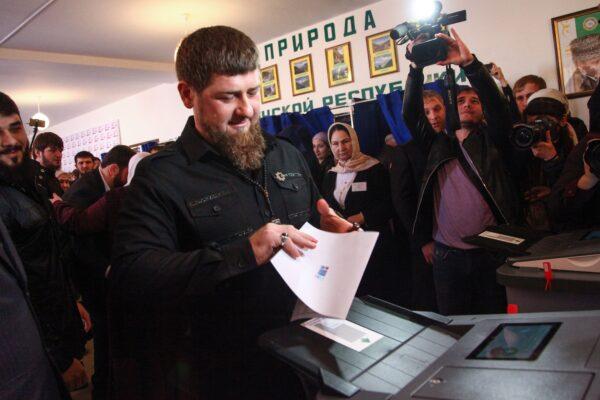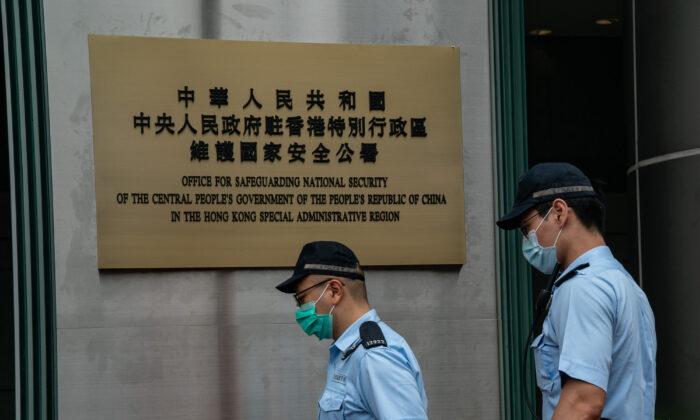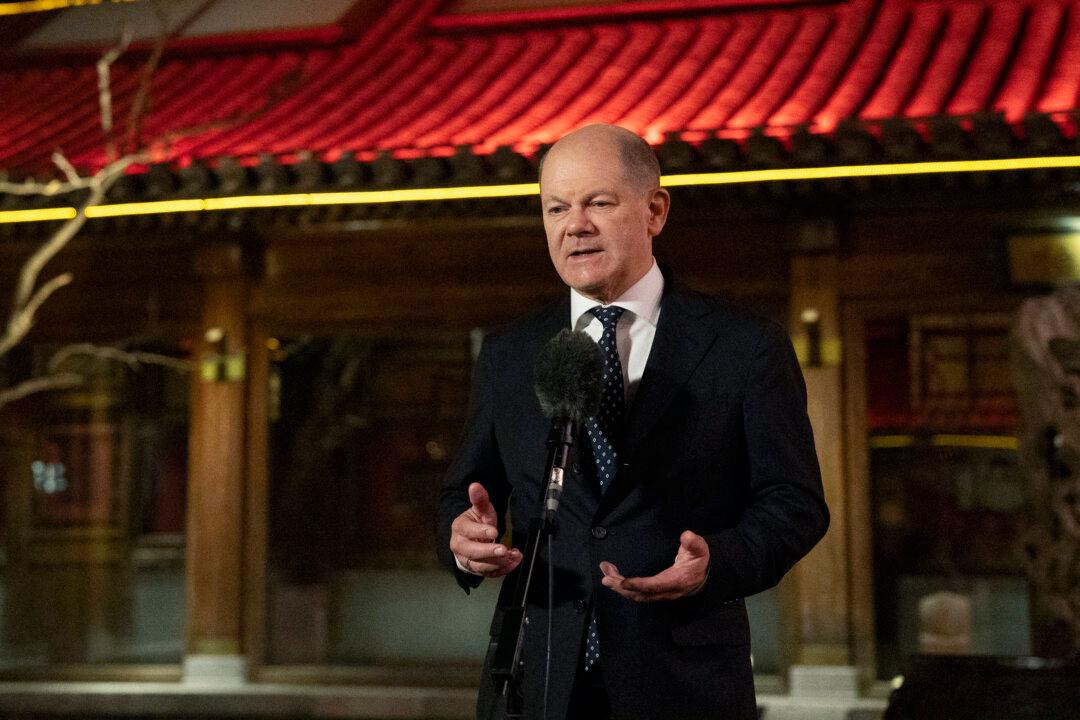The department highlighted U.S. efforts taken to ensure good governance and protection of freedom and human rights in various countries when responding to the COVID-19 pandemic.
With Hong Kong, Pompeo warned the Chinese regime against using COVID-19 as a pretext to undermine Hong Kong’s autonomy by imposing a national security law that weakens the rule of law and allows the regime to stifle the rights of residents.

Regarding Iran and Syria, the State Department said both regimes continue to crackdown on anti-government dissent and to spread disinformation about the impact of U.S. and EU sanctions on their response to COVID-19. They could instead take action to mitigate the crisis caused by the pandemic and release “arbitrarily held detainees from overcrowded prisons,” the State Department said.
The department said it has been working with international partners to expose the regimes’ disinformation campaigns and called for their actions to be held accountable by the U.N. Security Council.

Supporting Free Speech, Combating Disinformation
The State Department condemned threats of violence made by the head of Russia’s Chechen Republic, Ramzan Kadyrov, against two journalists over their coverage of the pandemic, as well the Russian government itself for censoring articles criticizing Russia’s response to COVID-19.The concern is that “Kadyrov is now using the excuse of the coronavirus pandemic to inflict further human rights abuses” on the Chechen people, it said.
The State Department also called for freedom of expression in Uzbekistan, where journalists are facing substantial fines or a prison term for spreading false information on COVID-19, according to the statement.
The United States supports free speech by supporting the dissemination of information about COVID-19 and ways to prevent its spread, while countering misinformation through a community radio station in the Congo, and partnering with local radio and TV stations, media, and community activists in Guinea.
The State Department urged the governments of Azerbaijan and Bangladesh to not use the pandemic as a pretext to silence political opposition and critics of government response to the pandemic, suppress public discussion, or stifle free speech.
In both countries, individuals have been arrested or harassed for exercising free speech, and in one case in Azerbaijan, a person was confined to a psychiatric hospital, according to the statement.
In Ukraine, the United States has during the pandemic provided consultation and legal assistance for protecting free speech and advocated against the expulsion of the minority Roma people from the city of Kyiv for allegedly violating quarantine restrictions.
The U.S. Agency for International Development (USAID) also helped Mali to ensure health protection at their legislative election this year by providing handwashing stations to over “22,000 polling stations that reached nearly 2.7 million voters,” the department said.
In Bolivia, USAID has been providing scientific data and trends related to the CCP virus spread that local authorities are using to reschedule their elections.
USAID has also assisted Indonesia to enhance the transparency of its COVID-19 procurement pipeline to prevent corruption, while in Kosovo, it has helped to mitigate COVID-19 impact on the judicial system.






Friends Read Free